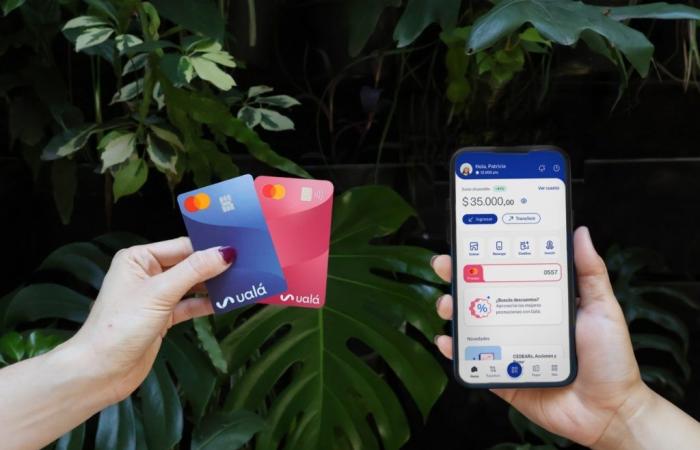Even with the deceleration of the inflationary surge that occurred in the first months of the year, among Argentines there is increasingly more awareness that “leave the money alone” in the bank account is not an intelligent option to defend the purchasing power of the pesos. According to a private study, almost a 40% of the population chooses to “unfreeze” their income and transfer it from one bank account to another in a virtual walletl but that offers daily returns for that money.
This is, these days, the main focus of conflict between traditional banking, which for the most part does not offer remunerated accounts or extremely liquid funds with 24/7 access to its clients, and fintech. The latter saw their yields affected from March to this part of the year as a result of the tightening of monetary policy led by the tandem of Luis Caputo and Santiago Bausili, which affected the rates that the so-called money market.
Despite this, Wallets maintain their popularity over bank accounts as a tool to manage your daily finances. According to the study carried out by the consulting firm Quiddity, 40% of Argentines pay their bills at the beginning of the month and then put their money to workwhile 38% send a large part of their salary to their digital account after collecting so they can invest it.
Within this universe, the 42% say they do it because “it helps their income not to be wasted,” while 29% affirm that it is an “opportunity to cover small expenses.” The study also shows that 1 in 5 Argentines chooses to delay service payments as much as possible and/or cards until their expiration date, while generating returns.
The apps that pay the most to put the pesos to work are Ualá and Naranja X. Both choose the paid account model, meaning that it is the same companies that pay a return on those pesos, without the need for them to be invested in a common investment fund.
WhileUalá offers its clients to migrate their pesos to a new savings bank, through the banking license it has from Uilo, with a return of 41% per year on the deposited balance, above the monetary policy rate of Banco Centra. “The performance benefit will be automatically applied to all users with an account balance from $10,000 to $500,000, without the need to request an additional product or move money from one place to another,” the company explained.
In Naranjaup to $400 thousand . “If a person deposits $400,000 in the Naranja
The returns of other wallets were one step lower. Mercado Pago, with 14 million users who invest through the app offer returns of 33.6% of TNA.
“Through the digital account, people can generate better savings habits, plan and organize their finances. Five years ago, Less than 1% of the Argentine population had a client account. With this solution we made a more sophisticated investment tool available to everyone, but in an easy and accessible way. Today it is one of the most valued tools by Argentines because, unlike other accounts, it generates daily returns and the money can be used at any time,” said Agustín Onagoity, director of Mercado Pago for Argentina.
Although in most private banks access to funds money market was expanded for the majority of clients, there are very few entities that allow you to instantly “rescue” the money invested. And for this reason, this has become one of the focuses of the long dispute between traditional entities and fintech.
The now forgotten DNU that Javier Milei presented in the first days of his Government, opened the door for the Virtual wallets can also capture salaries. In parallel, since March, ANSES has been working with fintech companies to add virtual wallets when crediting retirements, pensions and social plans. Both initiatives are very resisted in the traditional banking sector: according to what he learned Clarionin recent weeks “steps had been taken” to specify the inclusion of virtual wallets as an ANSES collection point, but the decision “was stopped” by the banks’ lobby.






